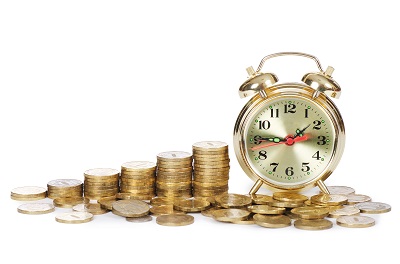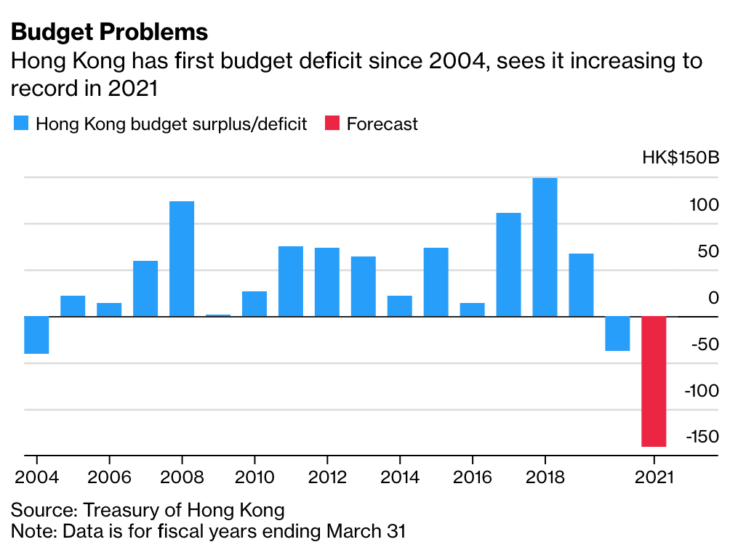
In the Keynesian model, fiscal stimulus is measured by the change in the size of the budget deficit, or perhaps the change in the cyclically adjusted budget deficit. In that model, a shrinking budget surplus is every bit as expansionary as an increasing budget deficit. Because it has nothing to do with “big government”, Keynesianism is neither “liberal” nor “conservative”.
Hong Kong provides an interesting example. A recent Bloomberg article shows the expected effect of a recent decision to give each adult citizen a $10,000 (HK) cash payment. That’s about $1284 US dollars, and thus is somewhat larger than the (ineffective) Bush tax cut of 2008.

Hong Kong had no budget deficits during 2005-19. Notice that the budget surplus shrank dramatically during the recession of 2009, by roughly 6% or 7% of GDP. That’s comparable (as a share of GDP), to the change in the US budget deficit between 2008 and 2009. Thus fiscal stimulus doesn’t require either “big government” or budget deficits. Indeed, Hong Kong had neither in 2009. This is why even relatively conservative economists (like Greg Mankiw) can be Keynesians.
Fiscal stimulus in Hong Kong may have been even more effective than in the US, as the HK dollar’s peg to the US dollar means there is unlikely to be monetary offset. Even so, the recent Hong Kong tax rebate is probably not the best approach to stimulus. Perhaps a better justification for this giveaway is egalitarianism, as Hong Kong is a deeply unequal society where government policies favoring big property developers make the inequality even worse.

READER COMMENTS
Matthias Görgens
Feb 27 2020 at 9:25am
Hong Kong currency peg isn’t too far off from a gold standard.
And just like note issueing banks in a gold standard can react to increased public demand for holding cash and account balances, Hong Kong could do so as well. Thus they’d have ample tools for monetary accomodation.
I wonder how free Hong Kong banks are too supply extra money. I dimly remember that the cash is privately supplied but quite regulated. No clue about the regulatory environment for bank balances. I guess, I’ll have to do some research.
Matthias Goergens
Feb 27 2020 at 9:32am
To answer my own musing: https://tradingeconomics.com/hong-kong/money-supply-m0 shows that the cash supply is rather elastic. At least you can clearly see the spike every year around Chinese New Year.
Comments are closed.